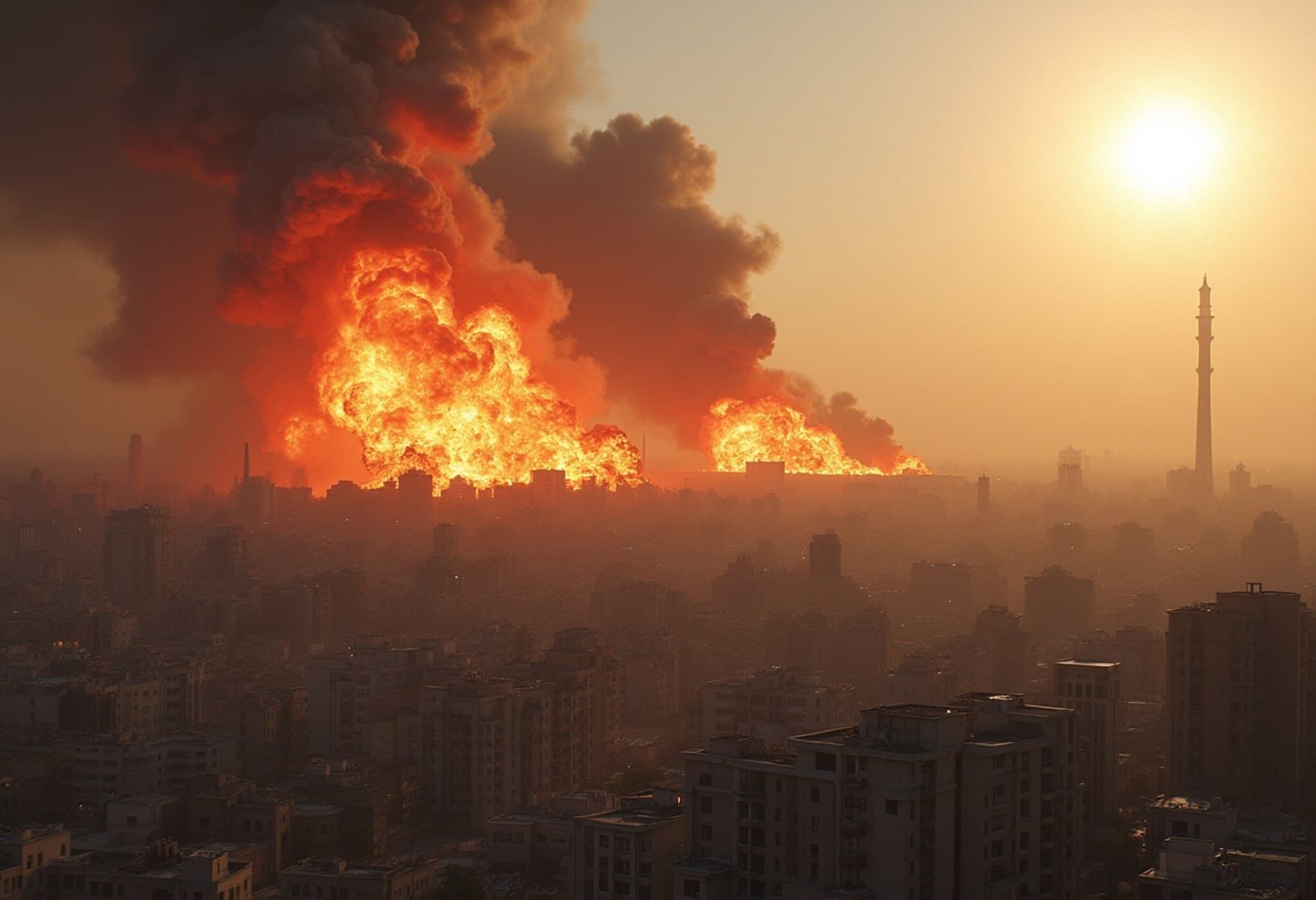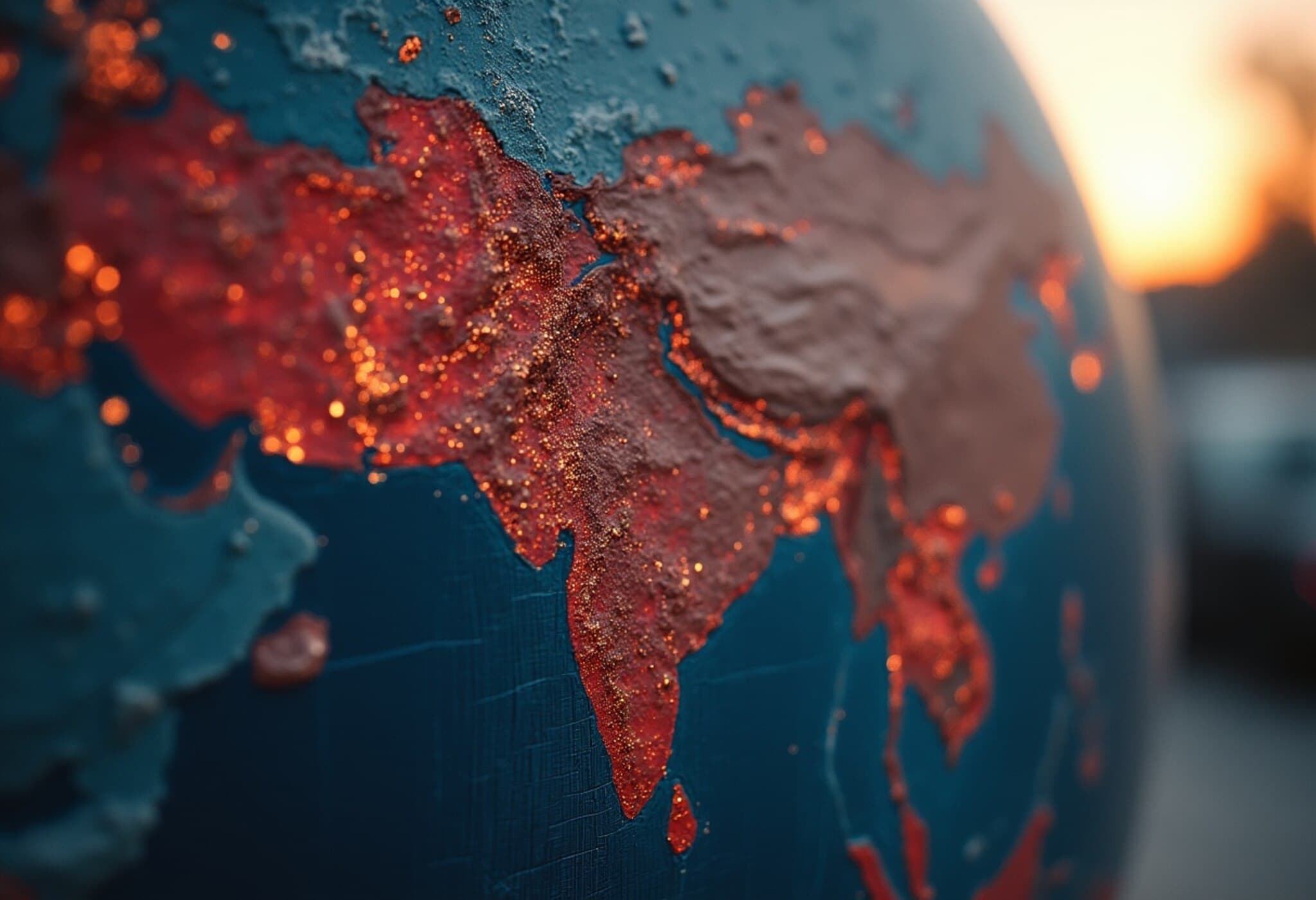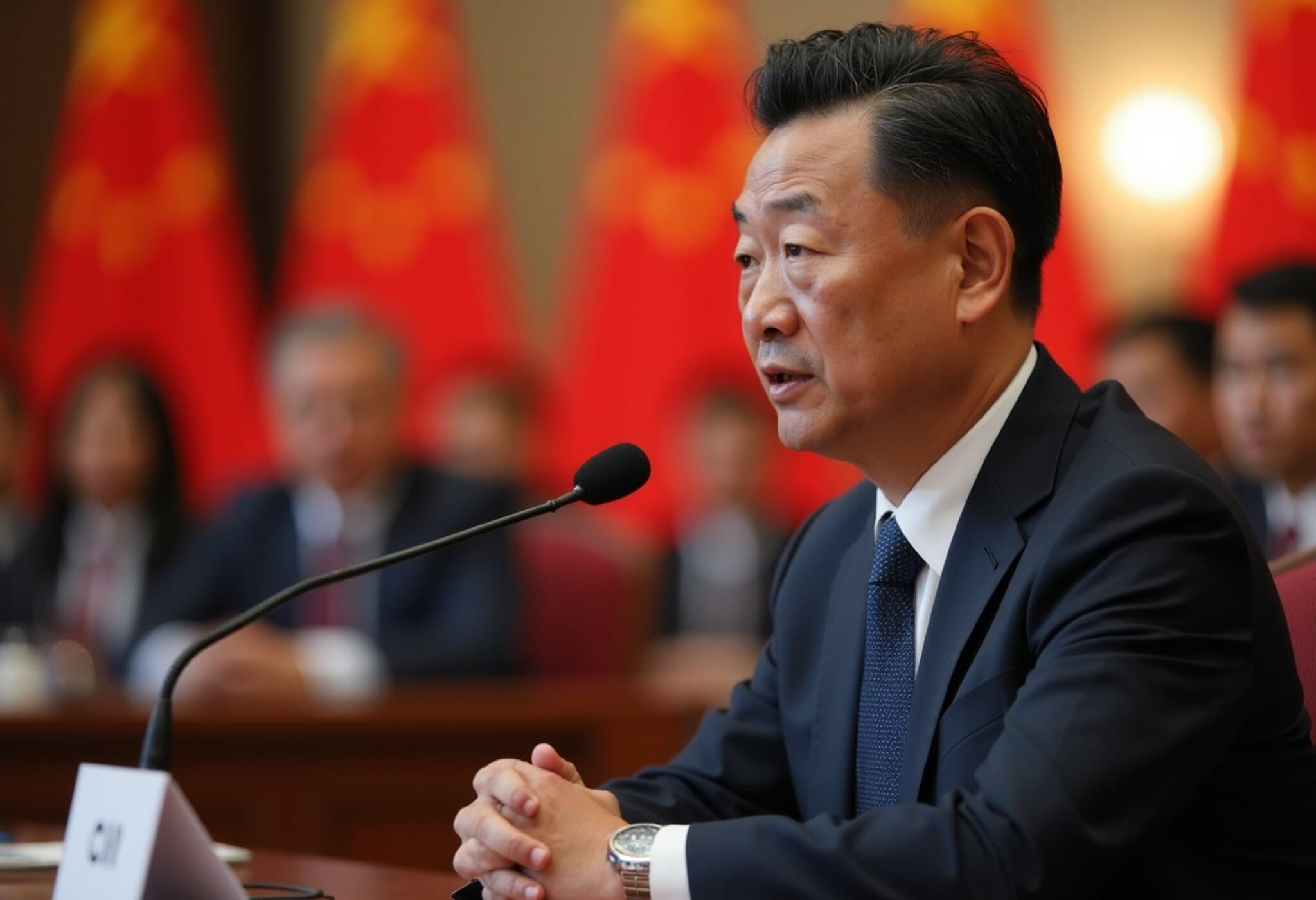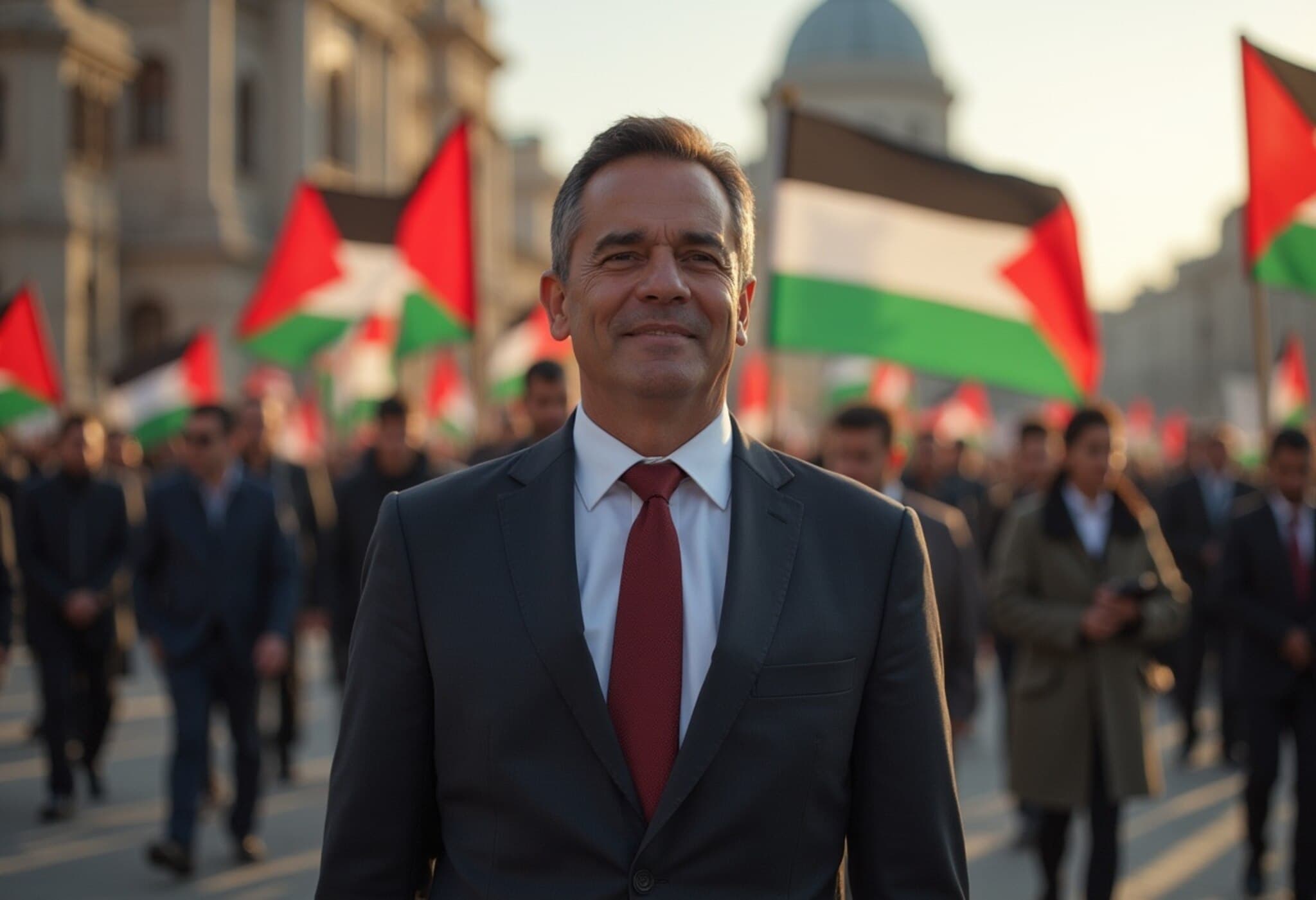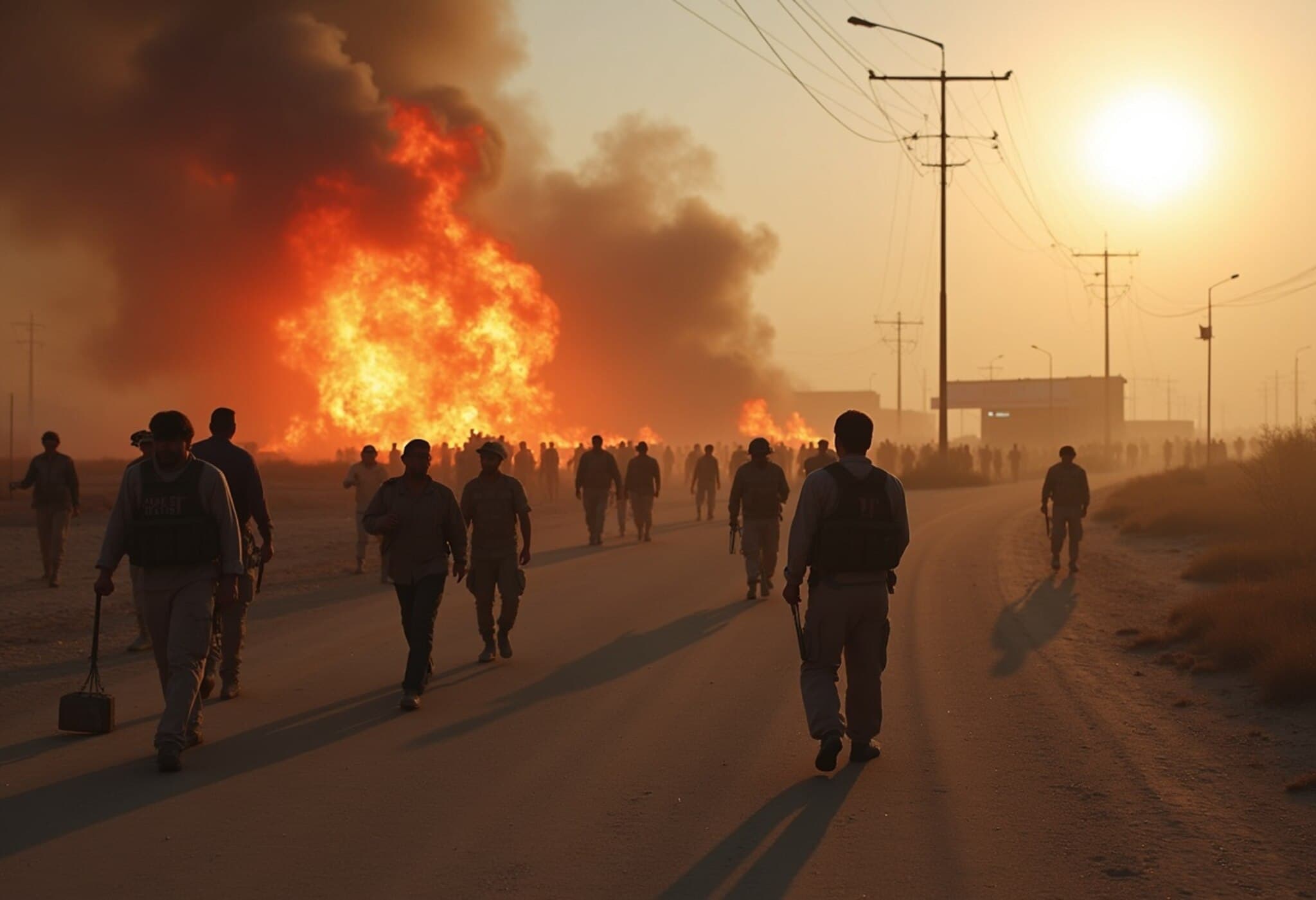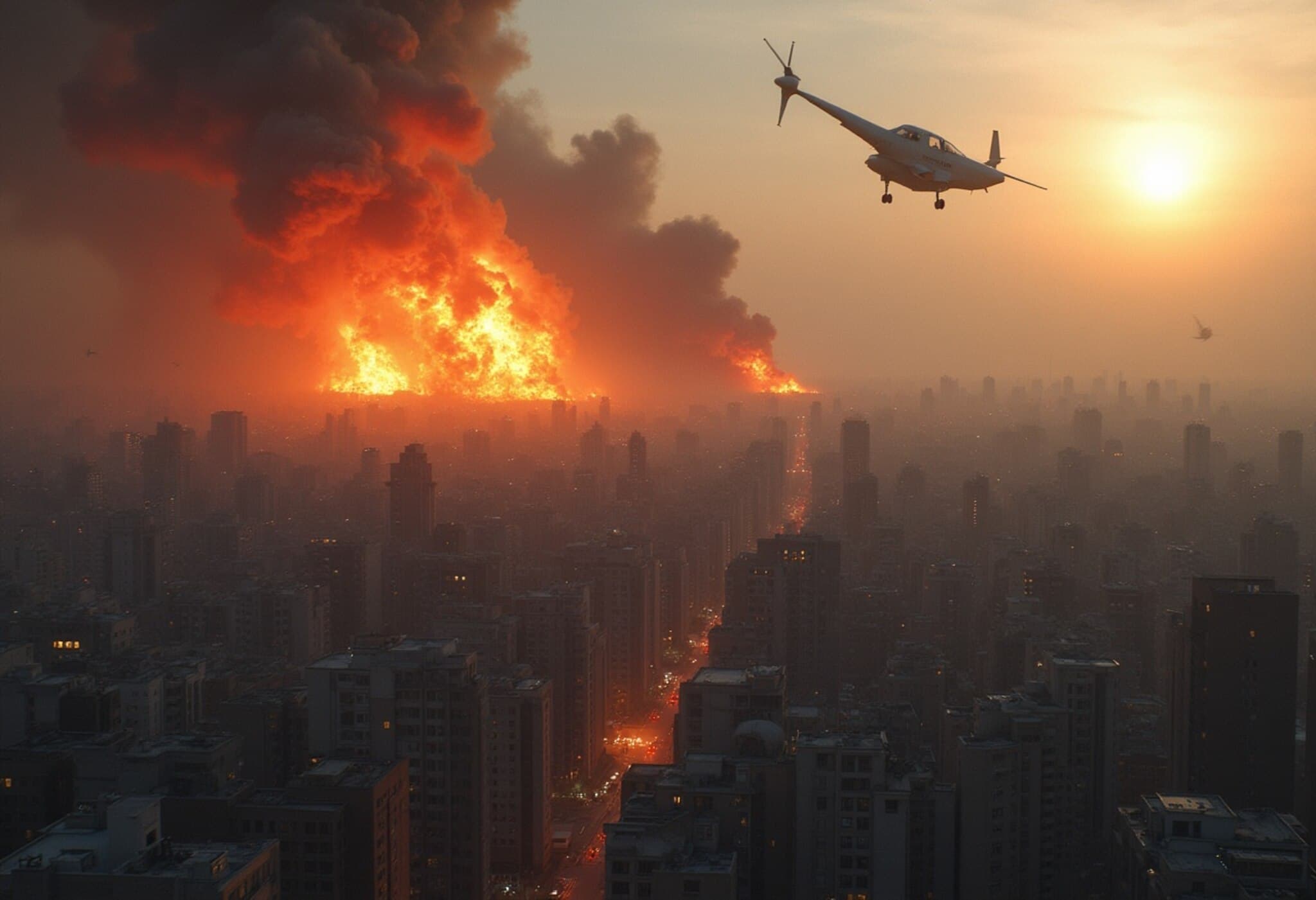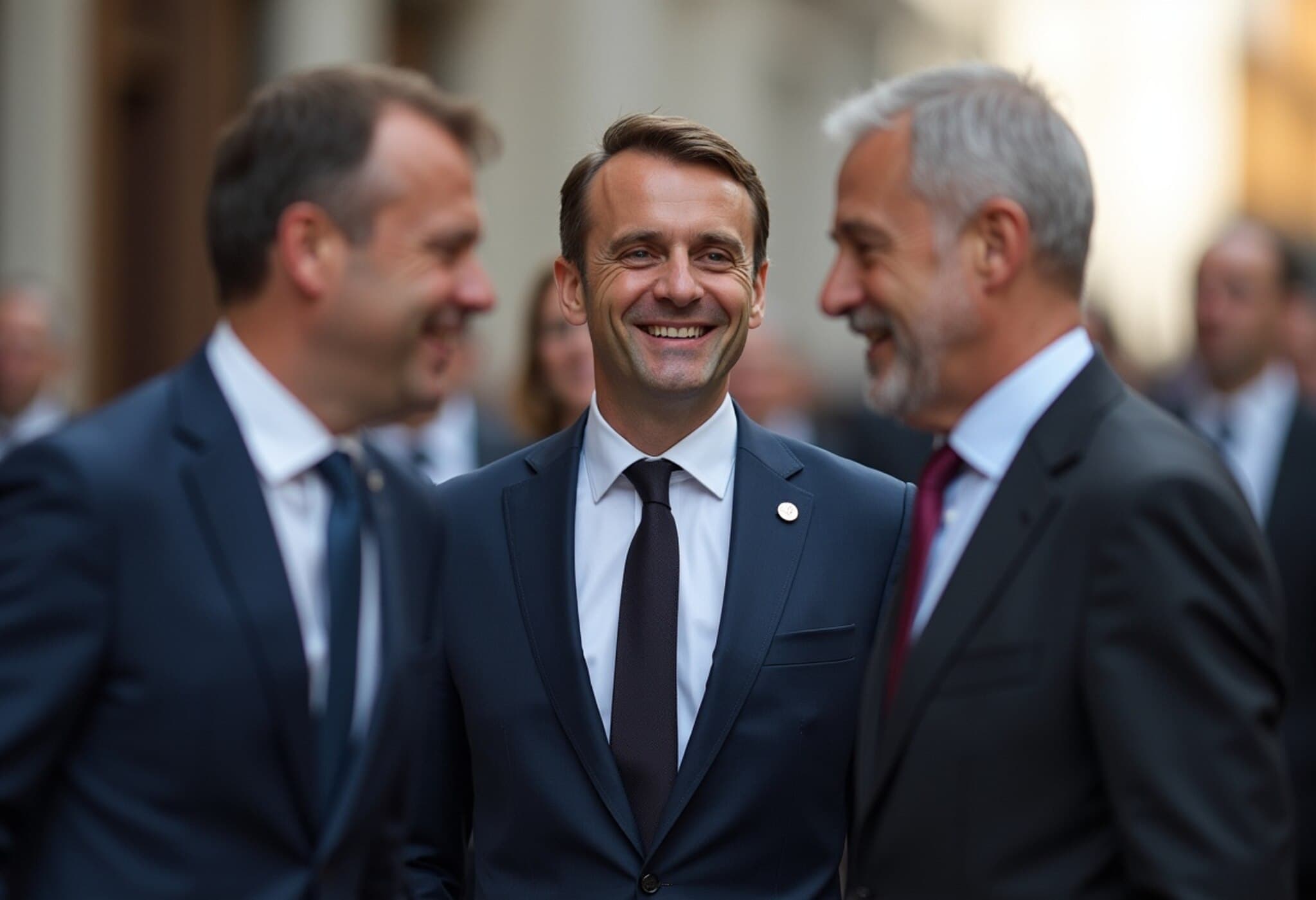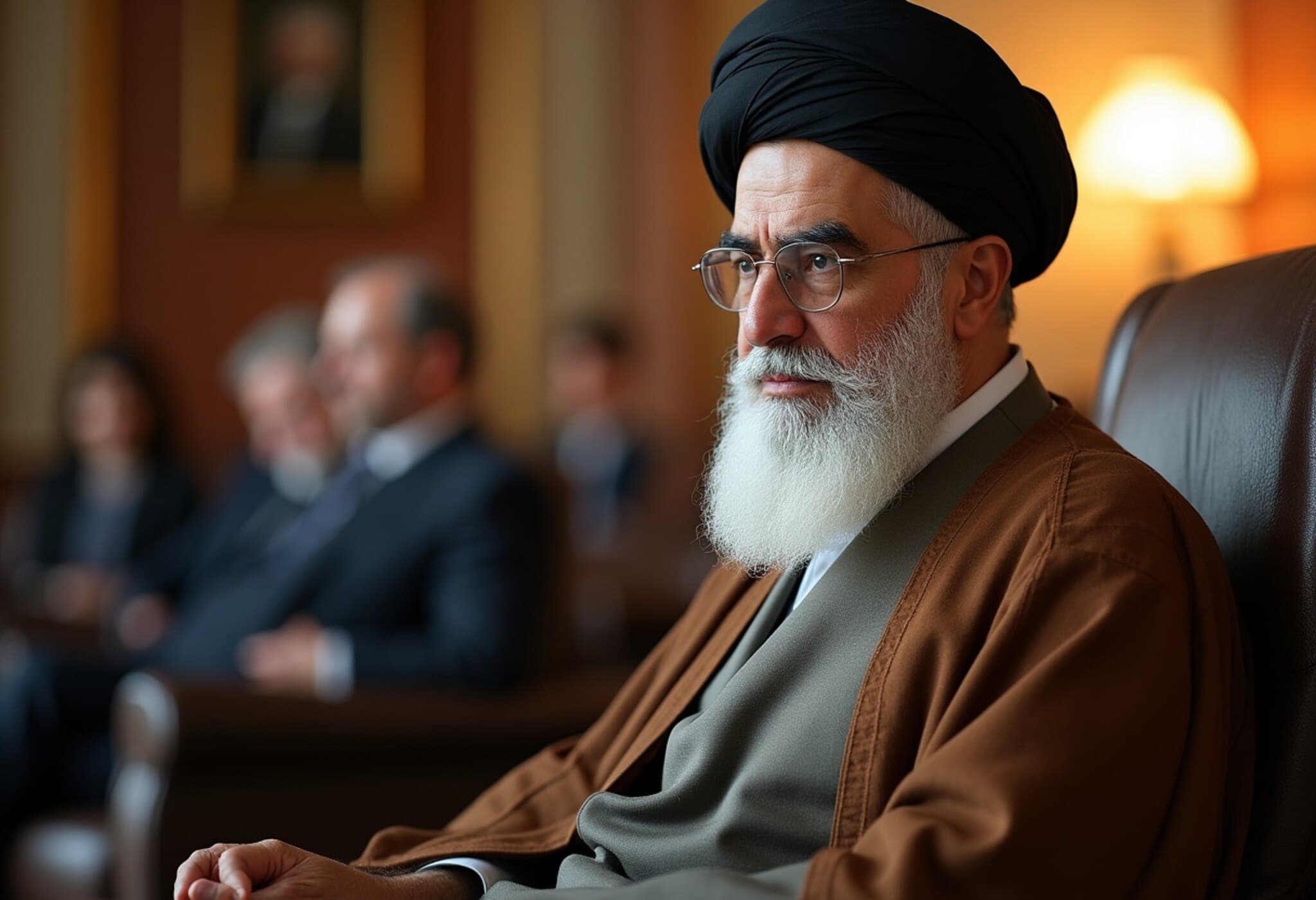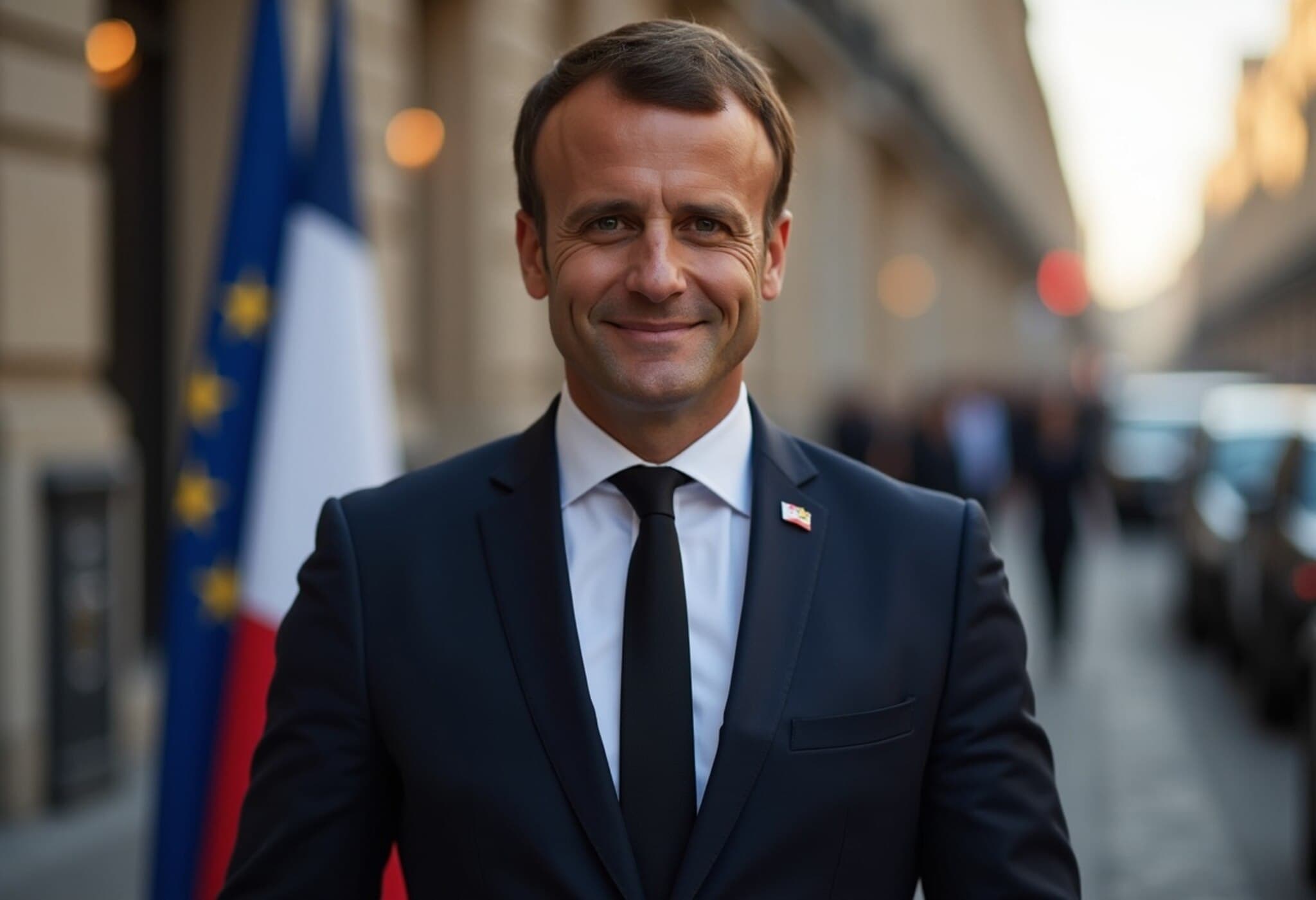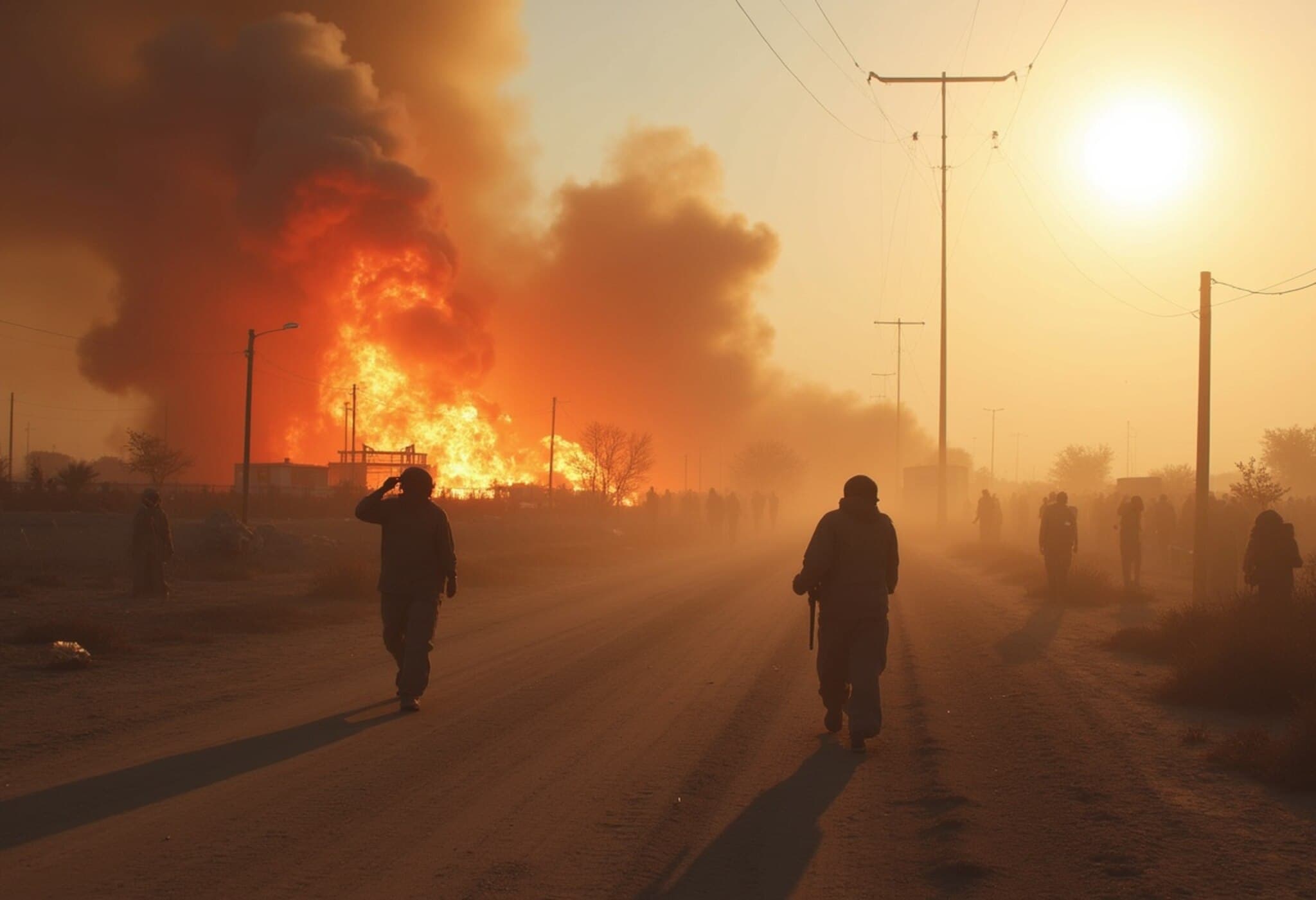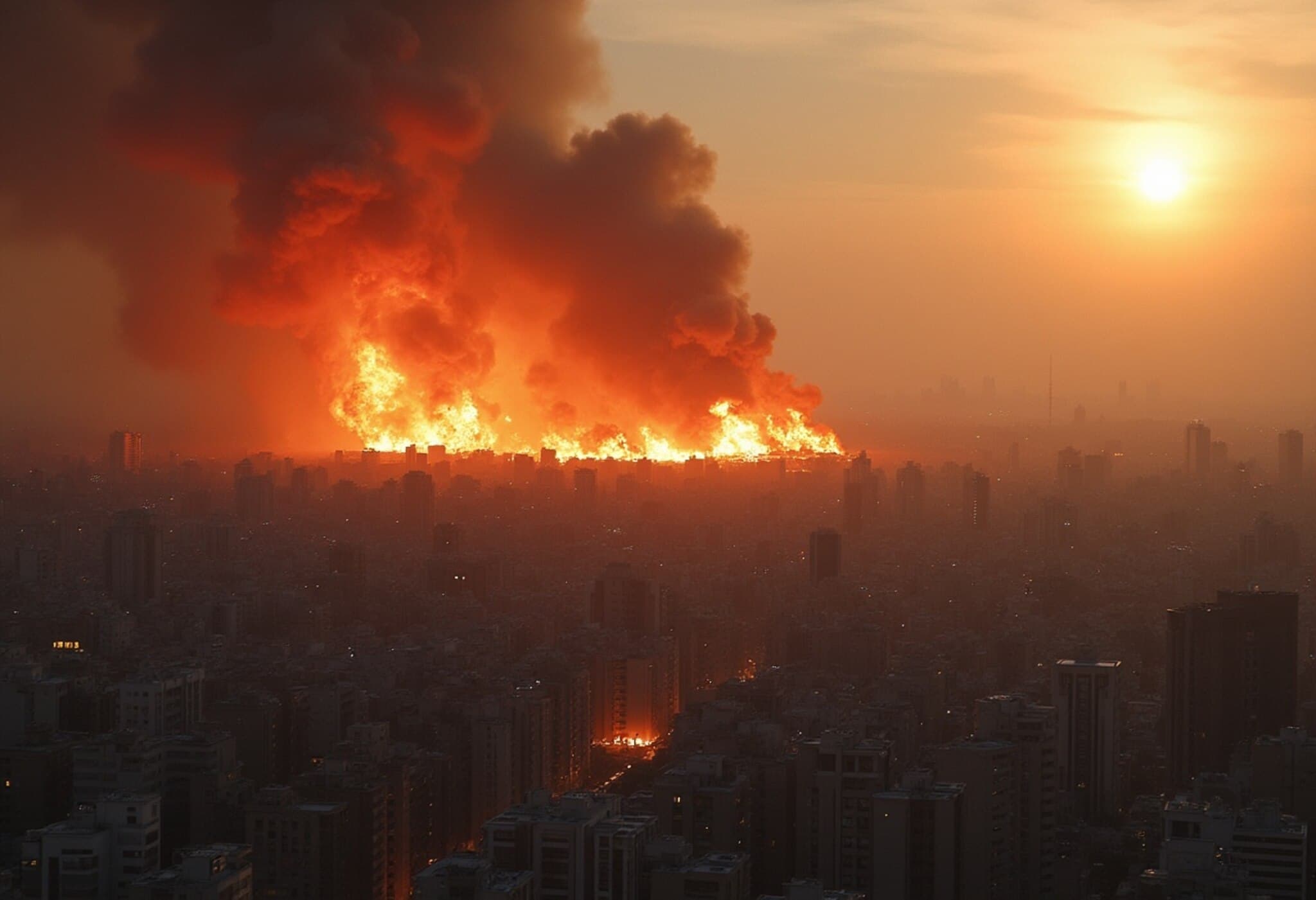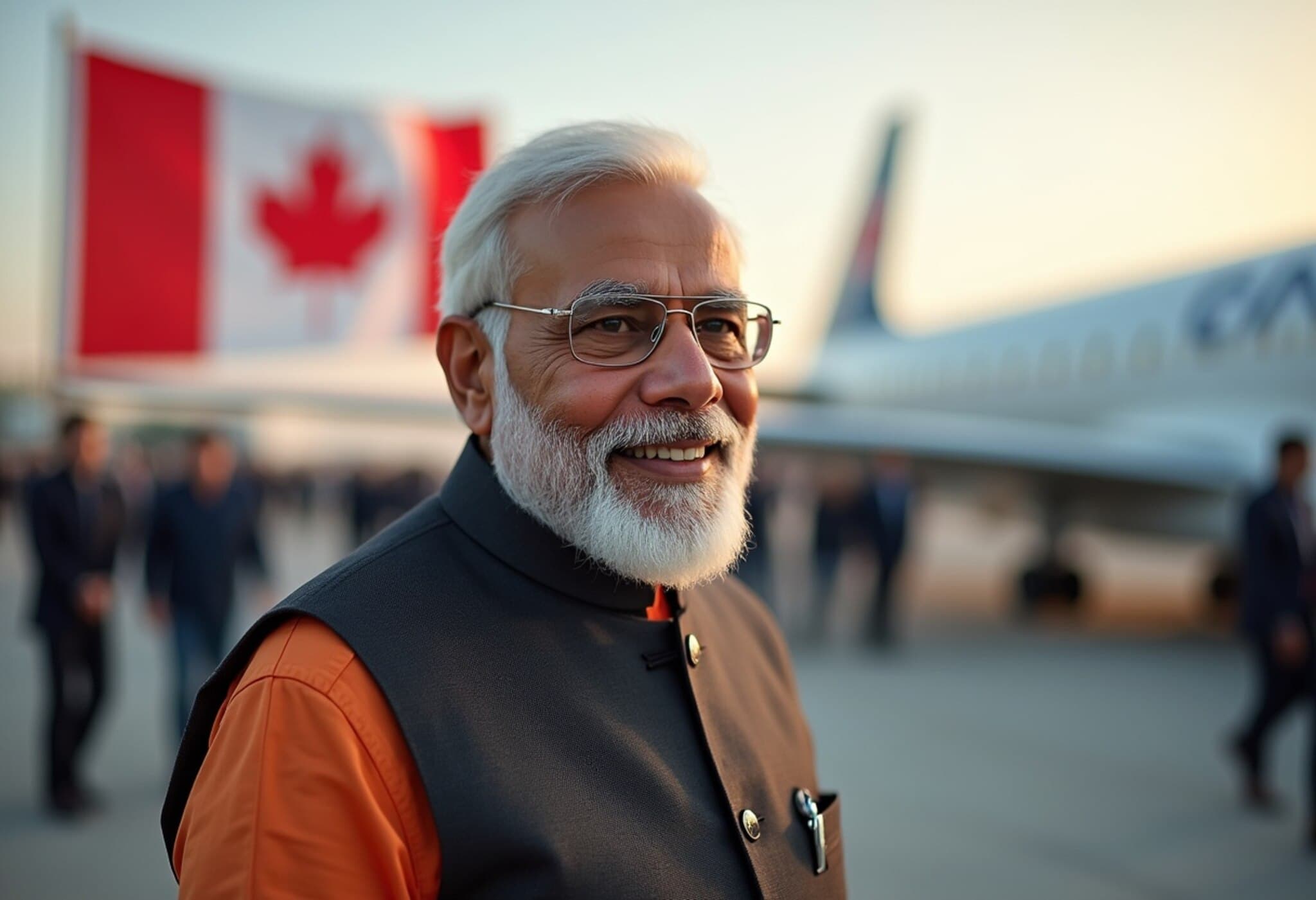UN Nuclear Agency Highlights Potential Radiological Hazards at Natanz Facility
In the wake of Israeli airstrikes targeting Iran's Natanz nuclear enrichment facility, the International Atomic Energy Agency (IAEA) has raised alarms over possible radiological and chemical contamination within the site. Yet, reassuringly, radiation levels detected outside the complex remain within normal limits.
Inside Natanz: A Closer Look at the Damage
Satellite imagery reveals widespread destruction at Natanz, where several above-ground buildings—including those critical to power supply—have been heavily damaged. Despite these losses, the underground centrifuge operations appear largely intact. Still, the shutdown of power could have caused subtle, yet significant, damage to sensitive infrastructure.
Additionally, Israeli strikes extended to the nuclear research facilities in Isfahan, damaging four key buildings, including a uranium conversion plant. No radiation leaks have been reported at either location so far.
Health Risks and Safety Measures
Rafael Mariano Grossi, IAEA’s Director-General, emphasized the dangers posed by uranium particles, specifically uranium hexafluoride gas used during enrichment. This chemical is highly volatile and toxic if inhaled or ingested, capable of causing severe harm on contact.
Grossi urged strict protective protocols for personnel on-site, including appropriate respiratory equipment, to mitigate potential risks. "The level of radioactivity outside the Natanz site has remained unchanged and at normal levels," he confirmed, alleviating concerns about external contamination.
Other Nuclear Sites Remain Unscathed
Meanwhile, Iran's underground Fordo enrichment site and the Bushehr nuclear power plant continue to operate without reported damage. The Tehran Research Reactor also remains unaffected by the recent strikes.
UN Human Rights Chief Condemns Violence in Gaza Amid Rising Global Concerns
Parallel to the nuclear tensions, the UN's top human rights official issued a forceful condemnation of ongoing military operations in Gaza. Describing the resulting conditions as "horrifying" and "unconscionable," the UN High Commissioner for Human Rights called on world leaders to urgently intervene.
Addressing the Human Rights Council in Geneva, Volker Türk stressed the imperative for governments worldwide to press both Israel and Hamas to end the devastating violence afflicting Palestinian civilians.
Looking Ahead
The recent escalation at Iran’s nuclear sites, coupled with the dire humanitarian crisis in Gaza, underscores an urgent need for diplomatic engagement and vigilant monitoring. While no immediate radiological threat has extended beyond Natanz, the situation remains fragile, warranting close international attention.

